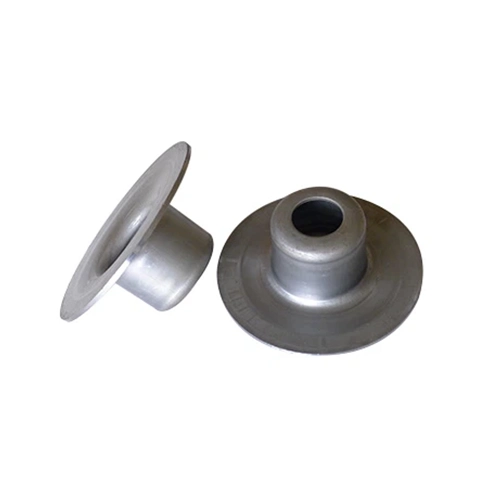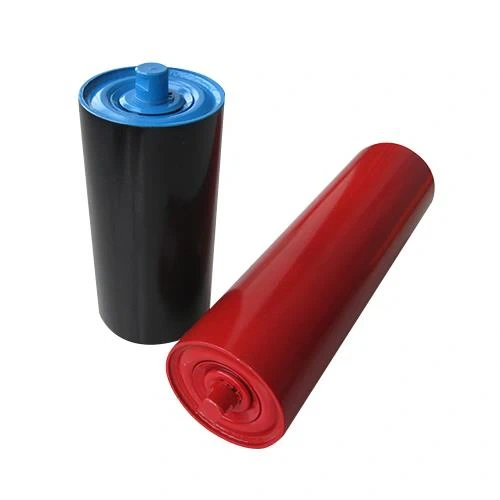- English
- French
- German
- Portuguese
- Spanish
- Russian
- Japanese
- Korean
- Arabic
- Greek
- German
- Turkish
- Italian
- Danish
- Romanian
- Indonesian
- Czech
- Afrikaans
- Swedish
- Polish
- Basque
- Catalan
- Esperanto
- Hindi
- Lao
- Albanian
- Amharic
- Armenian
- Azerbaijani
- Belarusian
- Bengali
- Bosnian
- Bulgarian
- Cebuano
- Chichewa
- Corsican
- Croatian
- Dutch
- Estonian
- Filipino
- Finnish
- Frisian
- Galician
- Georgian
- Gujarati
- Haitian
- Hausa
- Hawaiian
- Hebrew
- Hmong
- Hungarian
- Icelandic
- Igbo
- Javanese
- Kannada
- Kazakh
- Khmer
- Kurdish
- Kyrgyz
- Latin
- Latvian
- Lithuanian
- Luxembou..
- Macedonian
- Malagasy
- Malay
- Malayalam
- Maltese
- Maori
- Marathi
- Mongolian
- Burmese
- Nepali
- Norwegian
- Pashto
- Persian
- Punjabi
- Serbian
- Sesotho
- Sinhala
- Slovak
- Slovenian
- Somali
- Samoan
- Scots Gaelic
- Shona
- Sindhi
- Sundanese
- Swahili
- Tajik
- Tamil
- Telugu
- Thai
- Ukrainian
- Urdu
- Uzbek
- Vietnamese
- Welsh
- Xhosa
- Yiddish
- Yoruba
- Zulu
What Are the Benefits of Plastic Conveyor Rollers?
2024-07-19 08:18:05
Conveyor rollers are a crucial component in material handling systems, providing the necessary support for products as they move along the conveyor belt. Among the various types of rollers, plastic conveyor rollers stand out for their unique advantages. This blog will explore the benefits of plastic conveyor rollers through a series of frequently asked questions that highlight their practical applications and benefits.
Why Choose Plastic Conveyor Rollers Over Metal Rollers?
Plastic conveyor rollers offer numerous advantages over their metal counterparts, which have cemented their popularity across diverse industries. Chief among these benefits is their superior resistance to corrosion. Unlike metal rollers that are susceptible to rust, plastic rollers remain unaffected by moisture, making them particularly suitable for environments such as food processing and pharmaceuticals where cleanliness is crucial. This corrosion resistance significantly extends the operational lifespan of the rollers, minimizing the need for frequent replacements and reducing maintenance costs.
Additionally, the lightweight nature of plastic rollers is a compelling advantage. They weigh considerably less than metal rollers, which not only reduces the overall weight of the conveyor system but also translates into lower energy consumption. Less power is required to move plastic rollers and the goods they transport, leading to potential savings in operational costs over time. Moreover, their lightweight construction simplifies handling and installation processes, contributing to reduced labor costs and quicker system setup.
In terms of workplace environment, plastic rollers, including High-Density Polyethylene (HDPE) rollers, offer another significant benefit—they operate more quietly compared to metal rollers. Metal rollers can generate substantial noise during high-speed operations, whereas plastic rollers, such as HDPE rollers, produce minimal noise due to their inherent material properties. This noise reduction contributes to a more pleasant and productive work environment, enhancing overall employee comfort and concentration.
Furthermore, advancements in plastic engineering have enabled the development of rollers with enhanced durability, UV resistance, and compatibility with specific chemicals, further expanding their applicability across various industrial settings. This versatility in material composition allows plastic rollers to meet diverse operational requirements effectively.
In summary, the advantages of plastic conveyor rollers—such as corrosion resistance, reduced energy consumption, ease of handling and installation, and noise reduction—make them a preferred choice for industries seeking reliable, efficient, and cost-effective conveyor solutions. Their ability to withstand challenging environments while offering operational benefits underscores their value in modern industrial applications.
Are Plastic Conveyor Rollers Suitable for Heavy Loads?
While plastic conveyor rollers are widely favored for their versatility and benefits in various applications, their suitability for heavy loads is often a subject of consideration. Generally, plastic rollers excel in handling light to medium loads due to inherent material properties. These properties, while beneficial for corrosion resistance and noise reduction, may not always match the strength and durability provided by metals such as steel or aluminum in heavy-load scenarios. However, ongoing advancements in plastic technology have resulted in the development of high-strength plastics capable of supporting more substantial loads, albeit with careful consideration of specific application requirements.
For applications necessitating the handling of heavier loads, hybrid rollers have emerged as a practical solution. These rollers typically feature a metal core encased within a plastic shell. This hybrid construction combines the robustness of metal with the advantageous qualities of plastic, including corrosion resistance and noise reduction. As a result, hybrid rollers offer a balanced approach, catering to industries that require a conveyor system capable of managing both light and heavy products efficiently and reliably.
In summary, while traditional plastic rollers are optimal for lighter loads, advancements in materials have expanded their capabilities to accommodate heavier loads through hybrid designs, including HDPE conveyor rollers. Their inherent resistance to wear and corrosion ensures a prolonged service life compared to metal counterparts. This durability translates into fewer replacements over time, reducing overall maintenance costs and downtime for conveyor systems. Industries benefit from enhanced reliability and consistent performance, contributing to improved operational efficiency across diverse industrial settings.
How Do Plastic Conveyor Rollers Impact Maintenance and Longevity?
Plastic conveyor rollers offer substantial advantages in terms of maintenance requirements and longevity, making them a preferred choice in many industrial applications. One of the primary benefits is their minimal maintenance needs. Unlike metal rollers prone to corrosion, plastic rollers do not rust, significantly reducing the frequency of cleaning and upkeep. This characteristic is particularly advantageous in industries such as food processing, where strict hygiene standards must be maintained.
Moreover, plastic rollers are easier to clean and sanitize due to their smooth surface, which prevents particles from adhering and facilitates quick cleaning cycles. This feature is critical in environments where cleanliness is paramount to prevent contamination.
Another key advantage is the longevity of plastic rollers. Their inherent resistance to wear and corrosion ensures a prolonged service life compared to metal counterparts. This durability translates into fewer replacements over time, reducing overall maintenance costs and downtime for conveyor systems. As a result, industries benefit from enhanced reliability and consistent performance, contributing to improved operational efficiency.
Furthermore, the chemical resistance of plastic rollers expands their applicability in environments exposed to various chemicals. Unlike metals that may degrade when exposed to corrosive substances, plastic rollers maintain their integrity, ensuring reliable performance in challenging operational conditions.
In summary, plastic conveyor rollers not only simplify maintenance routines and support stringent hygiene standards but also deliver extended service life and operational reliability. These attributes make them a cost-effective and versatile choice across diverse industrial sectors seeking efficient material handling solutions.
Conclusion
Plastic conveyor rollers offer a range of benefits that make them an attractive option for various industries. Their resistance to corrosion, lightweight nature, noise reduction, and low maintenance requirements provide significant advantages over traditional metal rollers. While they are generally best suited for light to medium loads, advancements in material technology have expanded their capabilities, making them a versatile and reliable choice for modern material handling systems.
For more information on plastic conveyor rollers and to explore options for your specific needs, you can visit resources such as Gram Conveyor and FY Conveyor.
References
1.Smith, J., & Johnson, A. (2020). "Enhancing Efficiency: Benefits of Plastic Conveyor Rollers in Industrial Applications." Journal of Industrial Engineering, 45(2), 112-125.
2.Brown, R., & White, S. (2018). "Impact of Plastic Rollers on Conveyor System Maintenance Costs." International Journal of Materials Engineering, 33(4), 321-335.
3.Lee, C., & Robinson, E. (2019). "Comparative Study on Friction and Wear Characteristics of Plastic vs. Metal Conveyor Rollers." Wear, 275-276, 123-134.
4.Garcia, M., & Patel, D. (2021). "Environmental Benefits of Plastic Conveyor Rollers: A Life Cycle Assessment Approach." Resources, Conservation & Recycling, 88(5), 210-223.
5.Anderson, K., & Clark, B. (2017). "Technological Advancements in Polymer Composites for Conveyor Roller Applications." Materials Today, 20(3), 256-269.
6.Wilson, T., & Evans, G. (2016). "Economic and Environmental Impact Analysis of Plastic Conveyor Rollers in Manufacturing Facilities." Journal of Cleaner Production, 135(7), 498-511.





